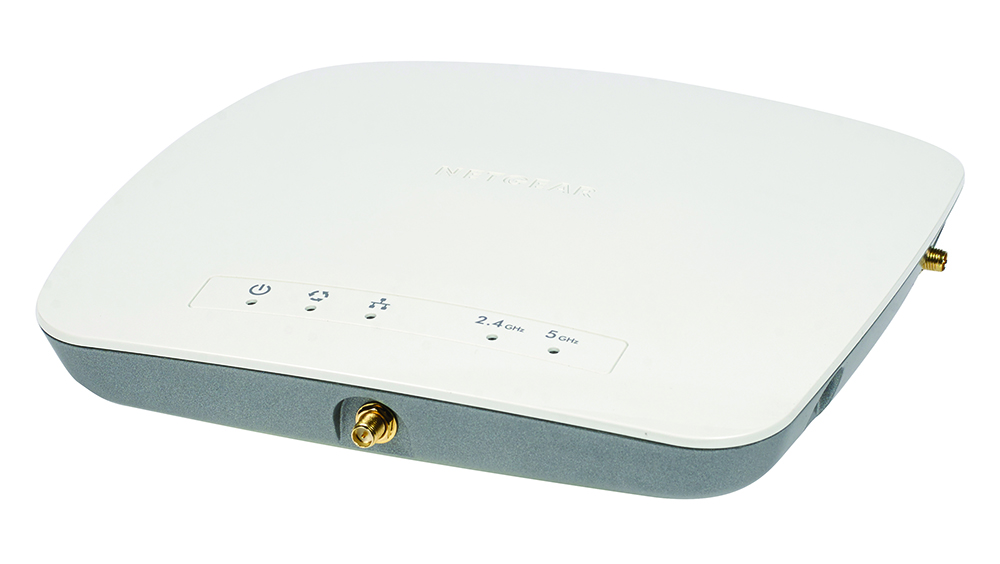IT managers fear remote working data leaks
Businesses are concerned over potential security issues arising from remote working and guest network access, according to report.

Technology bosses, under pressure to make corporate networks more open, fear data leaks could result, according to a report.
Research from AEP said that 91 per cent of UK and North American IT executives think that factors such as remote working and outsourcing create a greater risk of sensitive data being accessed by prying eyes.
They also believed that wider network accessibility would also mean that there would be much wider risk from malicious content, with 89 per cent fearing a greater threat from malware. Similarly, 85 per cent felt there was more likelihood of hacking.
"On the one hand, IT managers are rightly under pressure to open the network door to partners, suppliers and customers, to improve efficiency, and enhance business processes," said Reginald Best, chief operating officer of AEP networks.
"On the flip-side, they're sweating over how to prevent unauthorised access, protect company information and deflect malicious attacks."
Although the vast majority of IT execs knew the risks, they also realised more open networks were inevitable, with 94 per cent either already or planning to allow access to remote workers.
Over half of them permit or plan to permit access to contract staff or external IT support, but interestingly for some this openness also spreads to customers and guests.
Get the ITPro daily newsletter
Sign up today and you will receive a free copy of our Future Focus 2025 report - the leading guidance on AI, cybersecurity and other IT challenges as per 700+ senior executives
To deal with the security issues, IT departments are spending more on new technology. The report revealed that 48 per cent of execs would stretch their security budgets to secure remote access in the next year.
Other solutions mentioned were network access control (41 per cent), identity-based network security solutions (37 per cent) and encryption (35 per cent).
Best said that there were many questions that IT needed to ask itself about how to safeguard more open networks: "What systems should specific types of remote workers be allowed to access? What should you do about visitors who don't have the required antivirus software on their machines but need to work on your network?"
"And what about providing a safe access to users who want to log in from third party locations such as internet cafes? How does the organisation track and audit access? These are the types of issues for which organisations need to develop policies," Best added.
-
 Should AI PCs be part of your next hardware refresh?
Should AI PCs be part of your next hardware refresh?AI PCs are fast becoming a business staple and a surefire way to future-proof your business
By Bobby Hellard Published
-
 Westcon-Comstor and Vectra AI launch brace of new channel initiatives
Westcon-Comstor and Vectra AI launch brace of new channel initiativesNews Westcon-Comstor and Vectra AI have announced the launch of two new channel growth initiatives focused on the managed security service provider (MSSP) space and AWS Marketplace.
By Daniel Todd Published
-
 Facebook blames faulty configuration change for hours-long outage
Facebook blames faulty configuration change for hours-long outageNews The update caused a "cascading effect" that brought all of the social network's services to a halt
By Bobby Hellard Published
-
 How your network can take on the cloud - and win
How your network can take on the cloud - and winWhitepapers Think beyond traditional networking toward a secure digital perimeter
By ITPro Published
-
 What is a DHCP server?
What is a DHCP server?In-depth We take a closer look at what a DHCP server is, and how it can make network administration easier
By Dale Walker Last updated
-
 Aruba's SD-Branch hooks SD-WAN, wired and wireless networks together
Aruba's SD-Branch hooks SD-WAN, wired and wireless networks togetherNews Cloud-managed policy controls simplify network management for small IT teams
By Adam Shepherd Published
-
 The Tube is getting total web coverage from 2019 and London's getting a broadband boost
The Tube is getting total web coverage from 2019 and London's getting a broadband boostNews Sadiq Khan wants the capital to be better connected, and he’s got a plan on how to do it
By Vaughn Highfield Published
-
 Telcos offer Europe 5G networks if EU weakens net neutrality
Telcos offer Europe 5G networks if EU weakens net neutralityNews Mobile companies say net neutrality threatens their returns on investment in 5G
By Aaron Lee Published
-

 Netgear ProSafe WAC730 review
Netgear ProSafe WAC730 reviewReviews Top value, features and four management modes make deploying a business wireless network easy
By Dave Mitchell Published
-
 Mitsubishi Outlander hybrid car can be wirelessly hacked
Mitsubishi Outlander hybrid car can be wirelessly hackedNews Wi-Fi loopholes allowed vehicle’s lights to be turned on, charging settings tweaked and battery drained
By Aaron Lee Published